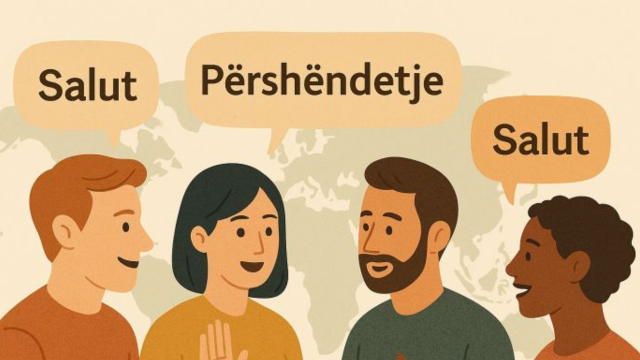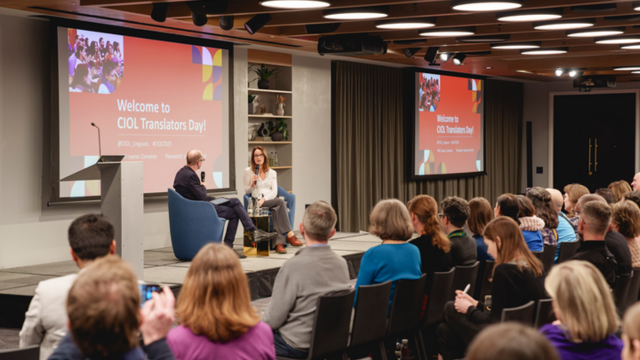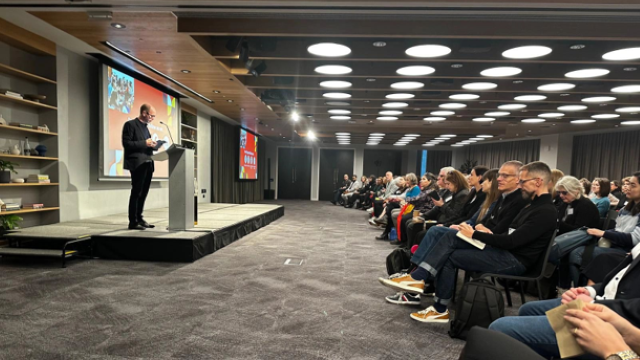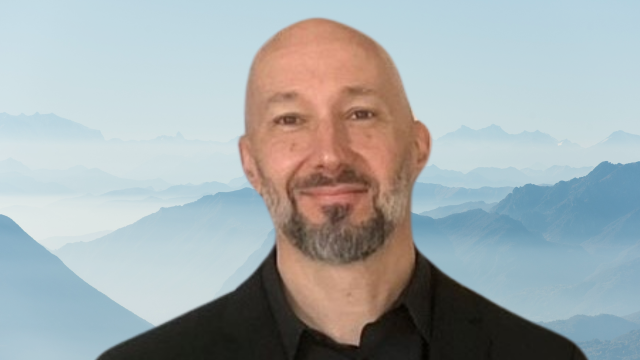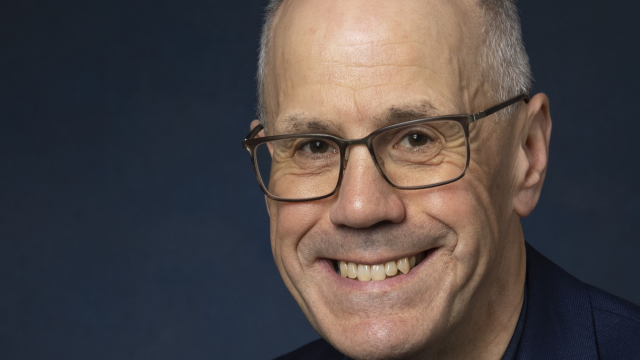-
QUALIFICATIONS
- For Linguists Worldwide
- For UK Public Services
- Preparation
- Policies & Regulation
-
MEMBERSHIP
- Join CIOL
- Membership grades
- NEW for Language Lovers
- Chartered Linguist
- Already a member?
- Professional conduct
- Business & Corporate Partners
-
ASSESSMENTS
- For Second Language Speakers
- English as a Second Language
-
EVENTS & TRAINING
- CPD, Webinars & Training
- CIOL Conference Season 2025
- Events & Networks
- CIOL Mentoring
-
NEWS & VOICES
- News & Voices
- CIOL eNews
- CIOL Awards
- The Linguist
- Jobs & Ads
-
RESOURCES
- For Translators & Interpreters
- For Universities & Students
- Standards & Norms
- CIOL & AI
- All Party Parliamentary Group
- In the UK
- UK Public Services
- Find-a-Linguist
Always and never at home
But where are you from?
Where are you really from?
Yes, but where were you born?
I mean where did you grow up?
Yes, but where are you originally from?
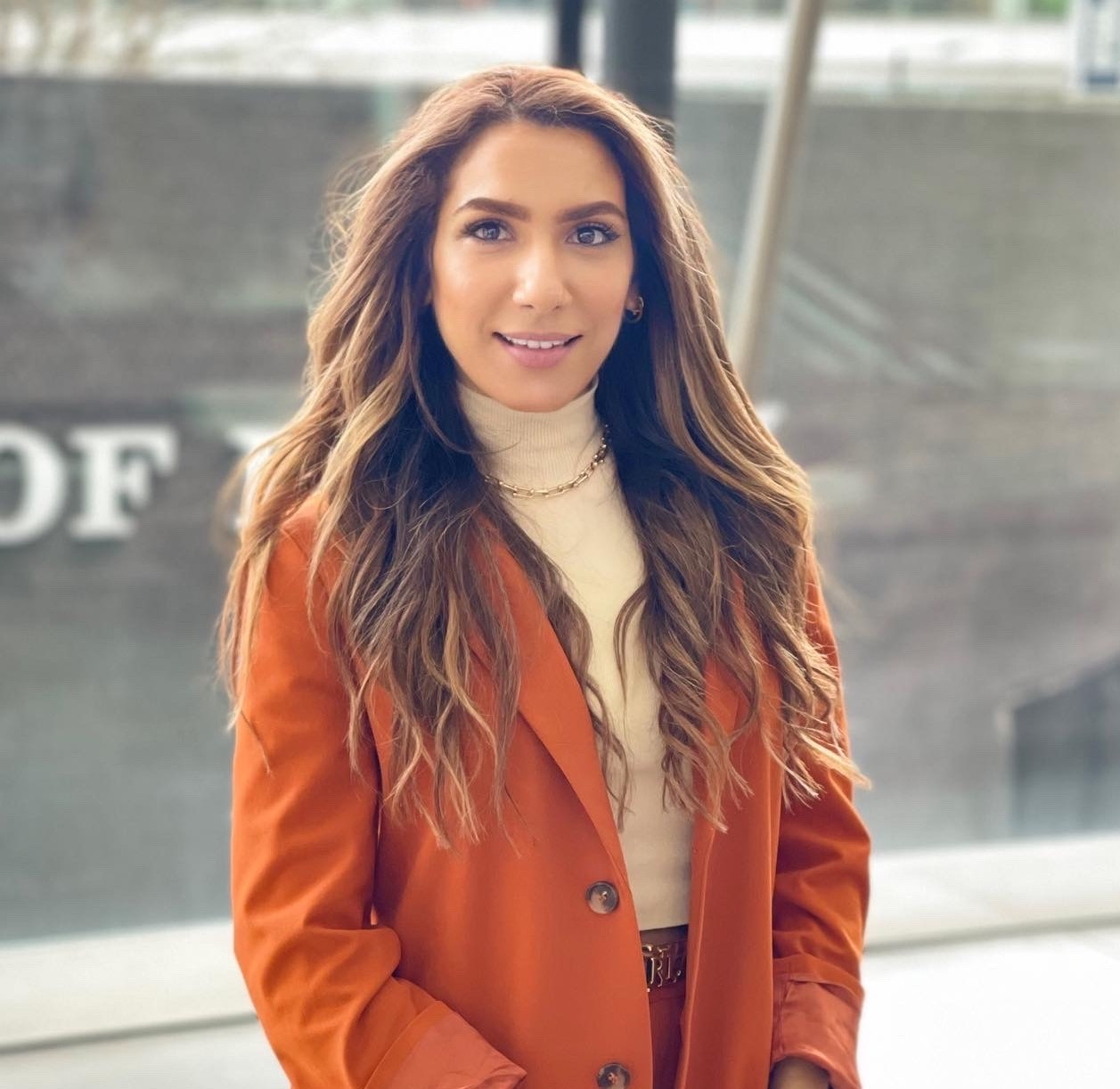
If you happen to be a person that was born in one country, moved to another, and was raised in a third, with parents from different cultures or countries, you know the struggle. If you happen to be slightly more interesting as a person because you live in a place other than your accidental birthplace, if you changed countries, and jobs, if you speak more than one language and have more than one passport, then you are confusing, and you should stop. Stop being so irregular. You’re hard work. You’re hard to read. You cannot be placed in a box.
Or there is nothing wrong with you, as this is the norm for so many individuals like you. Yet some around you, most times, total strangers, cannot get you. And ask questions. And every answer you give, seems to be cause for a follow up question, until you get to the bottom of your life story. At that point you have satisfied all curiosity of the inquisitive stranger. They are happy and you are exhausted.
Other times, it’s fun. You enjoy talking about yourself. You don’t mind opening up at a party, narrating your origins, explaining your multicultural family’s journey through continents and languages. But then again, there are the awkward Uber drivers, the shop assistants, or the too friendly bar tenders and you just want to get home, or look for toothpaste, or want a drink.
- So where are you from?
- From here.
- But you have an accent.
- And so do you.
Because you see, there’s no such thing as non-accented speech. What you mean is, I have an accent that is different to yours. I have an accent that doesn’t say “UK English” or “US English”. It says, “something English”.
You mean I am different. I am the other. We are not the same. We do not belong to the same group. You create a barrier. A differentiating factor. A difference that makes me, me, and you, you.
I am telling you my home is here. And you do not wish to accept it. It is probably simple curiosity. It is well-intended. You want to generate conversation. Perhaps you are forcing a stranger to open up to you and list sensitive, personal, emotional information. Such is the sense of home and belonging for so many of us saudade-sufferers*.
We’re always and never at home. And maybe we want to talk about it. Maybe we don’t. Maybe, we just want to get on with our day. Do our job. Do the grocery shopping. Do the school run, without having to tell the story of our lives.
Does this happen to everyone? Or only to some of us? The slightly different looking, and strange-sounding ones. The always and never at home ones.
*Saudade is a Portuguese word. It describes a feeling of longing, melancholy, desire, and nostalgia. A deep emotional state, a yearning for a happiness that has passed, a space or time that existed but perhaps isn’t present or real.
Vasiliki Prestidge BA MA MCIL CL is a member of CIOL Council, a translator, interpreter, transcreator, blogger, consultant and director of Greek to Me Translations Ltd.
Vasiliki is a Chartered Linguist, member of the Chartered Institute of Linguists (CIOL), the Institute of Translation and Interpreting (ITI) and Panhellenic Association of Greek Translators (PEM). She works with English, Greek and French herself and has a team of trusted colleagues who can cover other languages. The offered language services serve mainly the legal, creative, and psychometrics industries.
She is registered with the Greek Embassy in the United Kingdom as a certified translator and interpreter. She holds a BA in English Language and Linguistics and Masters in Business Translation and Interpreting. She is an Associate Lecturer in Legal Translation at London Metropolitan University teaching Legal Translation, Translation for International Organisations, Linguistics, Translation Theory and Strategy. She is a public speaker and writer for industry magazines.
Her mission is to help organisations and individuals achieve their goals through the power of words. Through mentoring, Vasiliki helps aspiring or young translators to overcome self-limiting beliefs, build a business mindset and achieve their highest potential, her full Council biog is here.
Views expressed on CIOL Voices are those of the writer and may not represent those of the wider membership or CIOL.
Filter by category
More
The Chartered Institute of Linguists (CIOL), Incorporated by Royal Charter, Registered in England and Wales Number RC 000808 and the IoL Educational Trust (IoLET), trading as CIOL Qualifications, Company limited by Guarantee, Registered in England and Wales Number 04297497 and Registered Charity Number 1090263. CIOL is a not-for-profit organisation.

